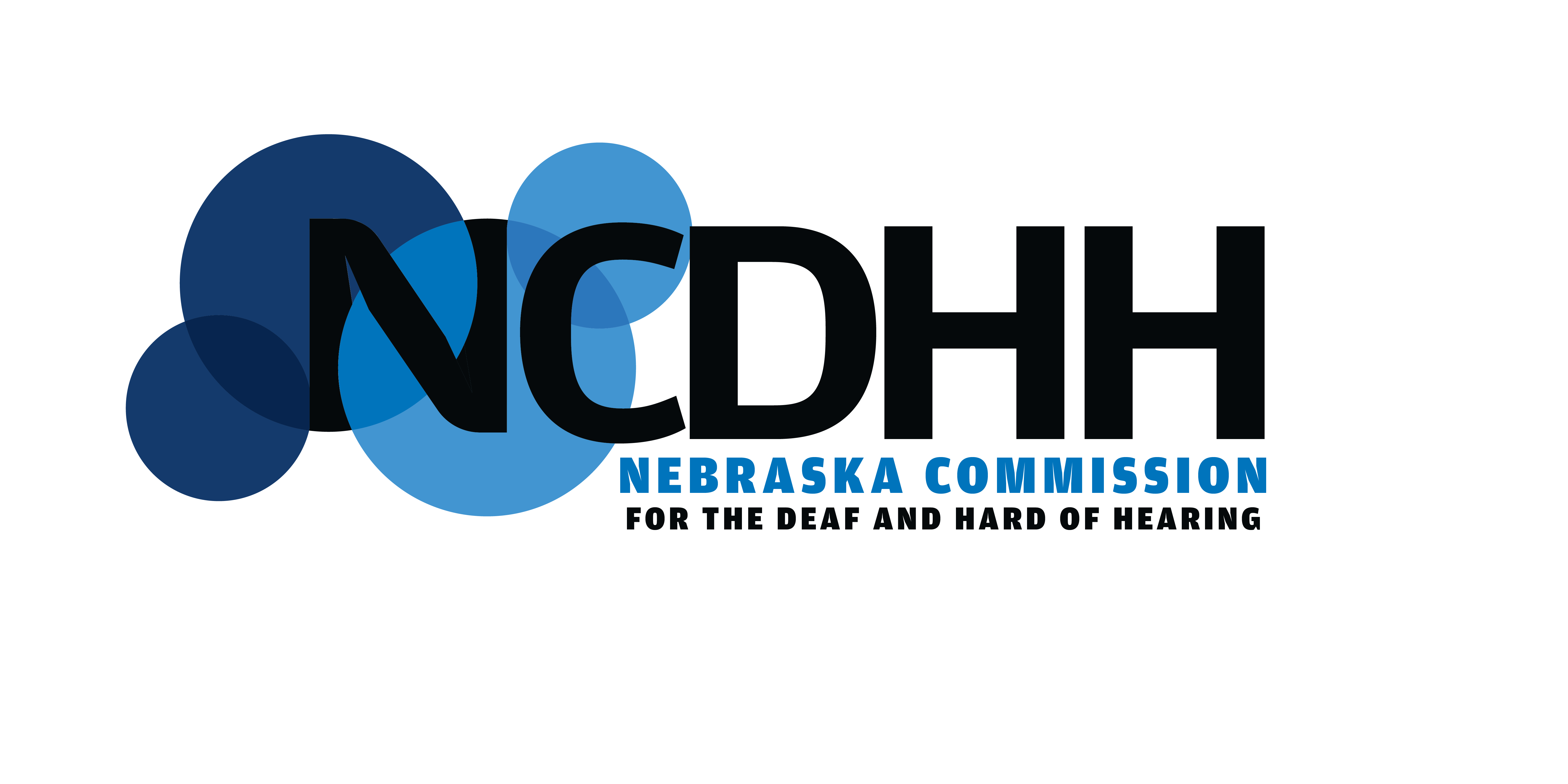Commission Membership
Full Commission members consist of nine members to be appointed by the Governor subject to the approval of the Legislature. The Commission members shall include three deaf persons, three hard of hearing persons, and three persons who have an interest in and knowledge of deafness and hearing loss issues. When appointing members to the Commission, the Governor shall consider recommendations from individuals, organizations, and the public.
Accountability and Disclosure
Each Commission member and the executive director must complete an accountability and disclosure statement of financial interest on or before April 1st of each year. Forms are sent to NCDHH for distribution. Additional forms may be obtained by contacting the NCDHH Business Manager at (402) 471-3593, V/TTY, or the State Accountability and Disclosure Commission at (402) 471-2522.
Function of Commission Members
The Commission serves as the principal state agency responsible for advocating public policies and programs, which shall improve the quality and coordination of existing services for the deaf and hard of hearing people and promote the development of new services when necessary. The Commission members are responsible for protecting the public interest by conducting oversight and evaluation of the agency.
Commissioner responsibilities include:
- Delegate management of the Commission to the executive director and evaluate the executive director annually.
- Review and approve plans and major budget commitments.
- Ensure the continuity of the Commission
- Provide informed and ongoing governance of the affairs of the Commission
- Serve as active spokespersons for the Commission, use their influence with others who can help the agency, and when necessary, serve as liaisons between organizations and the agency.
- Serve on Committees with active participation in committee assignments. Committees meet during or in addition to Commission meetings.
- Attend board meetings regularly (4 times per year)
- Communicate professionally with executive director and agency staff.
- Advocate for agency policies and programs.

